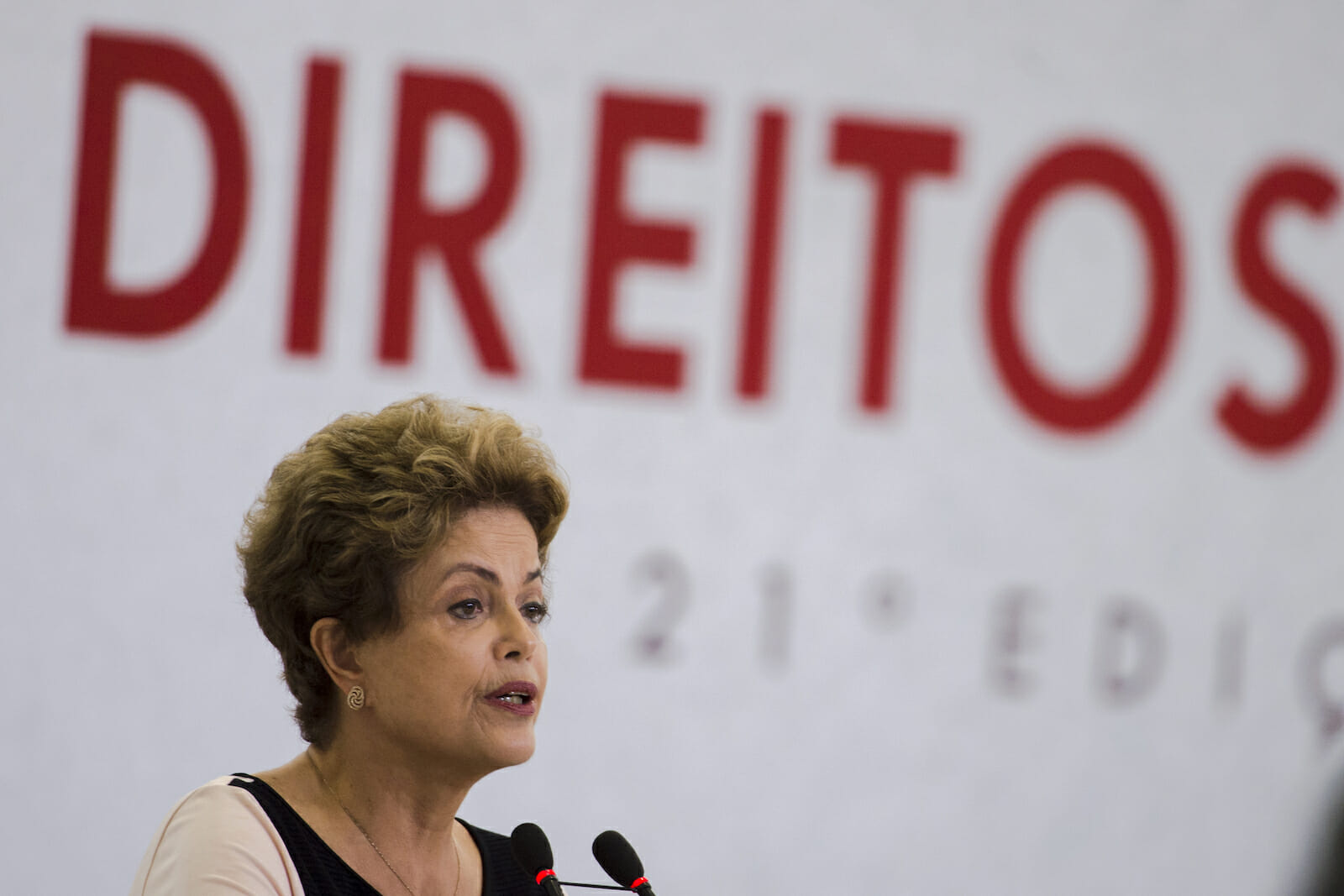
Brazil as a Positive Force in Africa
Policy makers in the U.S. have exaggerated Chinese involvement in Africa, even though other rising powers are attempting similar inroads. For example, Malaysia, Indonesia, and Brazil are trying to expand their ties with the region in spite of China’s safari. While on a recent trip to Luanda, the capital of Angola, I discovered that the Chinese are overcrowding the suburbs having built their own Chinatown’s. Perhaps there are more than 80,000 Chinese nationals residing in Luanda alone.
Anecdotal evidence, however, suggests that there is already a growing resentment of the Chinese presence in Angola. There has been talk of a “Chinese Invasion” and complaints that the Chinese are taking jobs and contracts away from Angolans. Moreover, the Chinese have not been transferring skills or technology to Angolans, raising the question of what happens once a project is completed. Others, including those at high levels of government, have criticized the quality of the goods and services that Angola has been receiving from China.
On the other hand, Brazil is perhaps the only rising power involved in Africa with real cultural affinities towards the continent. Brazil has been closely linked for centuries with Africa through shipping routes and the slave trade.
Brazil’s current focus on Africa, however, is much more recent. It dates from the administration of President Lula da Silva and reflects Brazil’s remarkable economic development and search for new trade and investment venues. According to the New York Times, Brazil has displaced Britain as the world’s sixth largest economy.
Between 2003 and 2008 Brazil enjoyed its best economic performance in more than 25 years, with economic growth averaging 5 percent annually. Foreign investment reached record levels of $45 billion in 2008 and a favorable trade balance, with exports exceeding $700 billion, are driving Brazil’s export-led growth. Brazil’s former president, Lula da Silva, built on those inroads in trips to Africa from 2003 to 2010, referring to the “historic debt” Brazil had to Africa. Brazil’s presence in Africa is also diplomatic – there are now thirty-six Brazilian embassies in Africa, compared with forty-four American embassies. Brazil also has a small aid program.
From the 1990s onwards, Brazil began to provide cooperation at a growing pace, generally directed at Sub-Saharan African countries and Latin American neighbors. According to Celso Amorim, Brazil’s former foreign minister, cooperation became a fundamental instrument for Brazilian foreign policy. Brazil relies more than other rising powers on soft power. When I turned on a television in one of Luanda’s hotels what I saw was not the BBC, CNN or Angola’s Public TV but a Brazilian soap opera.
Furthermore, on the streets of Luanda I saw kids wearing Brazilian football club jerseys of Flamengo and Sao Paulo, but what is in demand is the jersey of the football club, Kaburscorp, the Luanda based football club, which has acquired the services of former Brazilian superstar Rivaldo. Despite the fact that the Brazilian could ensure a big paycheck from a Chinese, a Qatari or an Uzbekistan football club his choice was to invest in Angola. Rivaldo has purchased a large piece of land in Luanda and he plans to develop it. While discussing resentment among Angolans about China’s inroads in Angola with a European official in Luanda, there is discrimination for Africans and especially Angolans when traveling to Brazil.
It’s more than obvious that the Rousseff administration is trying to continue the legacy of President’s Lula’s political initiatives in Africa. Nevertheless, the strong drivers of the Brazilian surge in Africa and Angola as well are emerging Brazilian MNCs in resource extraction, construction and agriculture represent a new era of commercial exchanges between Africa and Brazil. Brazilian-African affinity is probably a win-win due to the fact that the other BRIC members are not in the same position as Brazil. India is a democracy but has its own security and borders issues. Russia is an autocracy that is more concerned with Central Asia than other regions.
Brazil’s commitment to human rights and democracy, more than other South American countries and is not reminiscent of the Cuban style “Africa Brotherhood” or Venezuela’s foreign policy which is problematic on many levels. Obviously, Brazil isn’t a rival to the US, China or the Europeans in Africa. It does not possess those same types of resources at present. Moreover, in the wake of the trilateral partnership known as the IBSA (India, Brazil and South Africa) Brazil could possibly assume the role of a negotiator and promoter of issues ranging from reforms of the UN Security Council, leadership of international financial institutions or nuclear non-proliferation, notwithstanding Iran.
